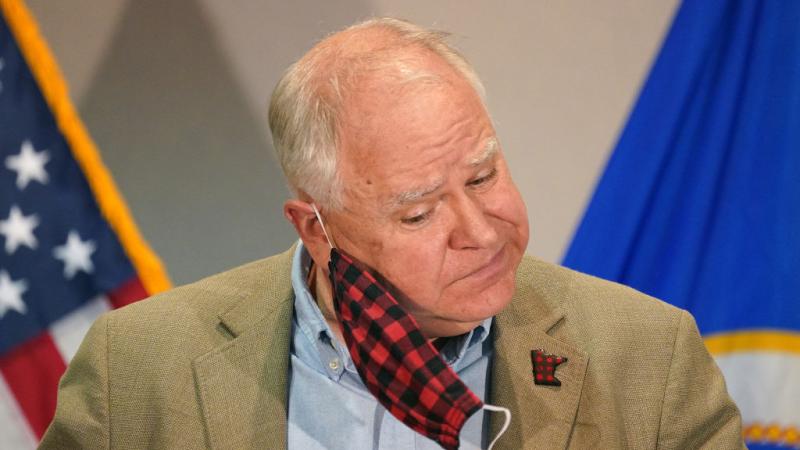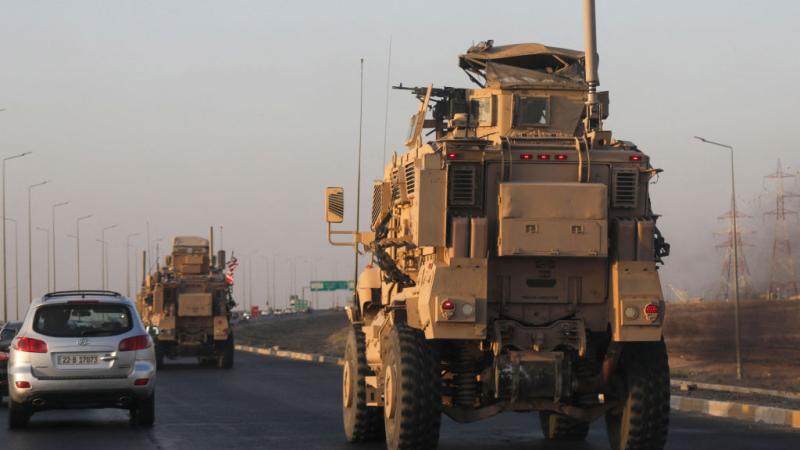USAID spends millions on remedial education abroad, as American students fall behind
Public school students have been out of classrooms for a year and are falling behind across the board, particularly in mathematics.
The Golden Horseshoe is a weekly designation from Just the News intended to highlight egregious examples of wasteful taxpayer spending by the government. The award is named for the horseshoe-shaped toilet seats for military airplanes that cost the Pentagon a whopping $640 each back in the 1980s.
This week, our award is going to the United States Agency for International Development for allocating $10 million in taxpayer support to remedial education classes for the children of Zambia, while American students continue to struggle with the academic fallout from the COVID-19 pandemic.
According to the agency, the goal of USAID's grant to Zambia is to "support innovative solutions to administer remedial instruction in grades three to five, thereby contributing to improve learning outcomes and expand access to quality basic education in Zambia."
Meanwhile, math scores for U.S. students in grades 3-8 fell by an average of 5-10 percentile points following last year's widespread public school closures mandated in response to the pandemic, according to a study of data from 4.4 million students by the Northwest Evaluation Association, a nonprofit that administers standardized tests.
The NWEA found that students in the third, fourth and fifth grades suffered the sharpest drop-offs. The overall results from the NWEA's MAP Growth tests might obscure even steeper declines among minority and low-income students, according to researchers for the group. Students from these populations might be underrepresented in the data, they suspect, because a disproportionate number of them may have avoided the 2020 tests, either because they stopped attending class or lacked the technology to take the test remotely.
"We've really just gone back to the basics where we're focusing on literacy and math," an assistant superintendent in San Joaquin, Calif., told the Associated Press. "That's all we do."
After a year of distance learning and academic regression, it sounds like the U.S. public education system has its hands full with its own students in grades 3-5 in need of remedial instruction.
















